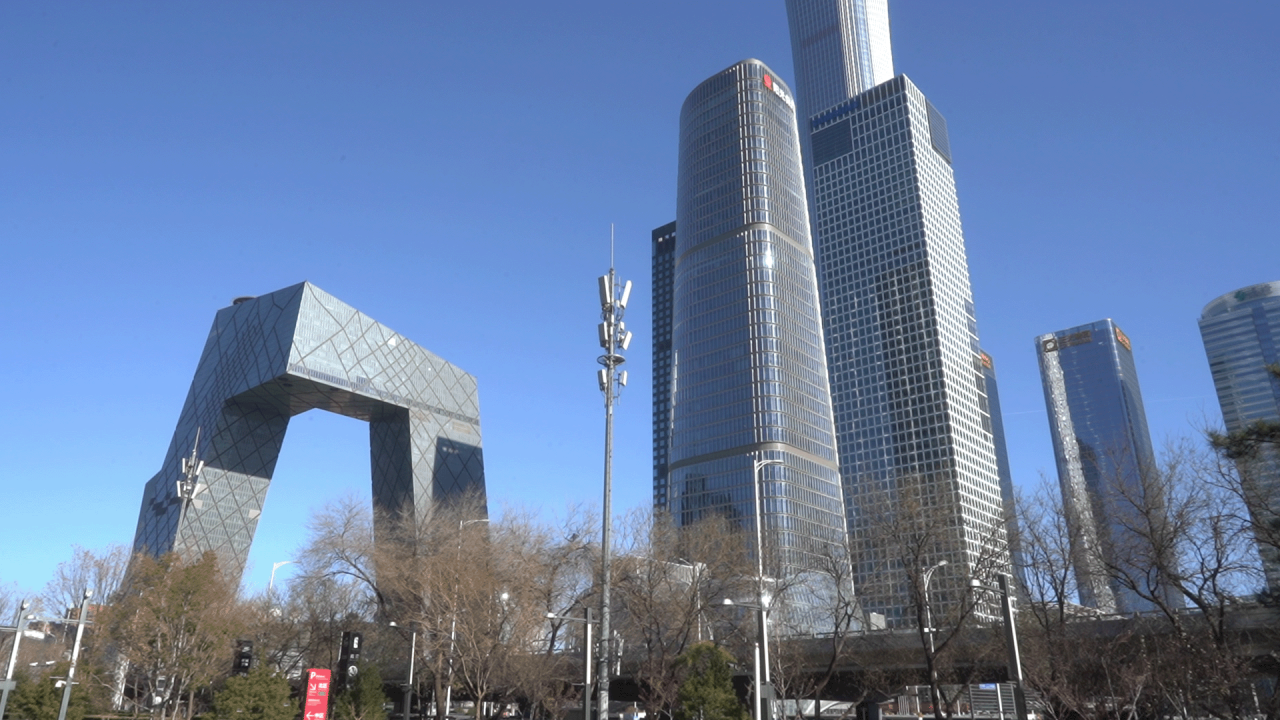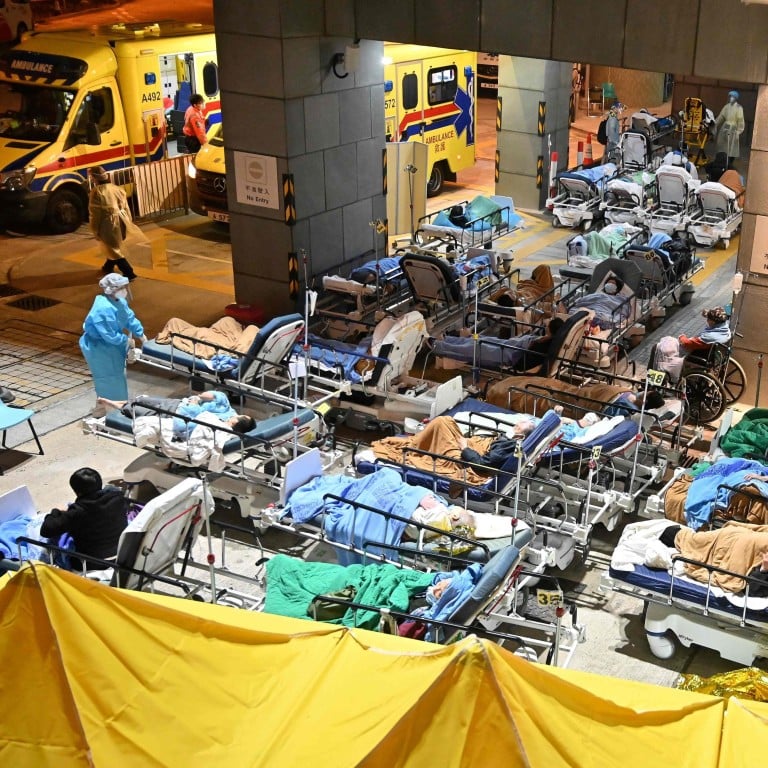
As Beijing eases zero-Covid, can Hong Kong get ahead of the curve and scrap remaining rules?
- Hong Kong’s economy has suffered as a result of clinging to Covid-19 restrictions far longer than necessary, in contrast to regional rival Singapore
- Without clear directions from Beijing, Hong Kong might struggle to adapt to a different Covid-19 strategy, undermining its efforts to regain economic competitiveness
Where is China headed?
To be fair to the Hong Kong authorities, their implementation of zero-Covid has been far more humane and much less draconian than the variety practised on the mainland. But after nearly three years of fighting an unwinnable war against Covid, the Chinese people are sick and tired of zero-Covid.
Now that the Chinese authorities have come to this realisation (even if belatedly), we should expect them to move quickly to abolish the three key planks of dynamic zero-Covid: mass testing, centralised quarantines and lockdowns. The central government is also expected soon to downgrade Covid-19 from the top class of infectious diseases, putting the virus on the same level of endemic diseases such as HIV and viral hepatitis.
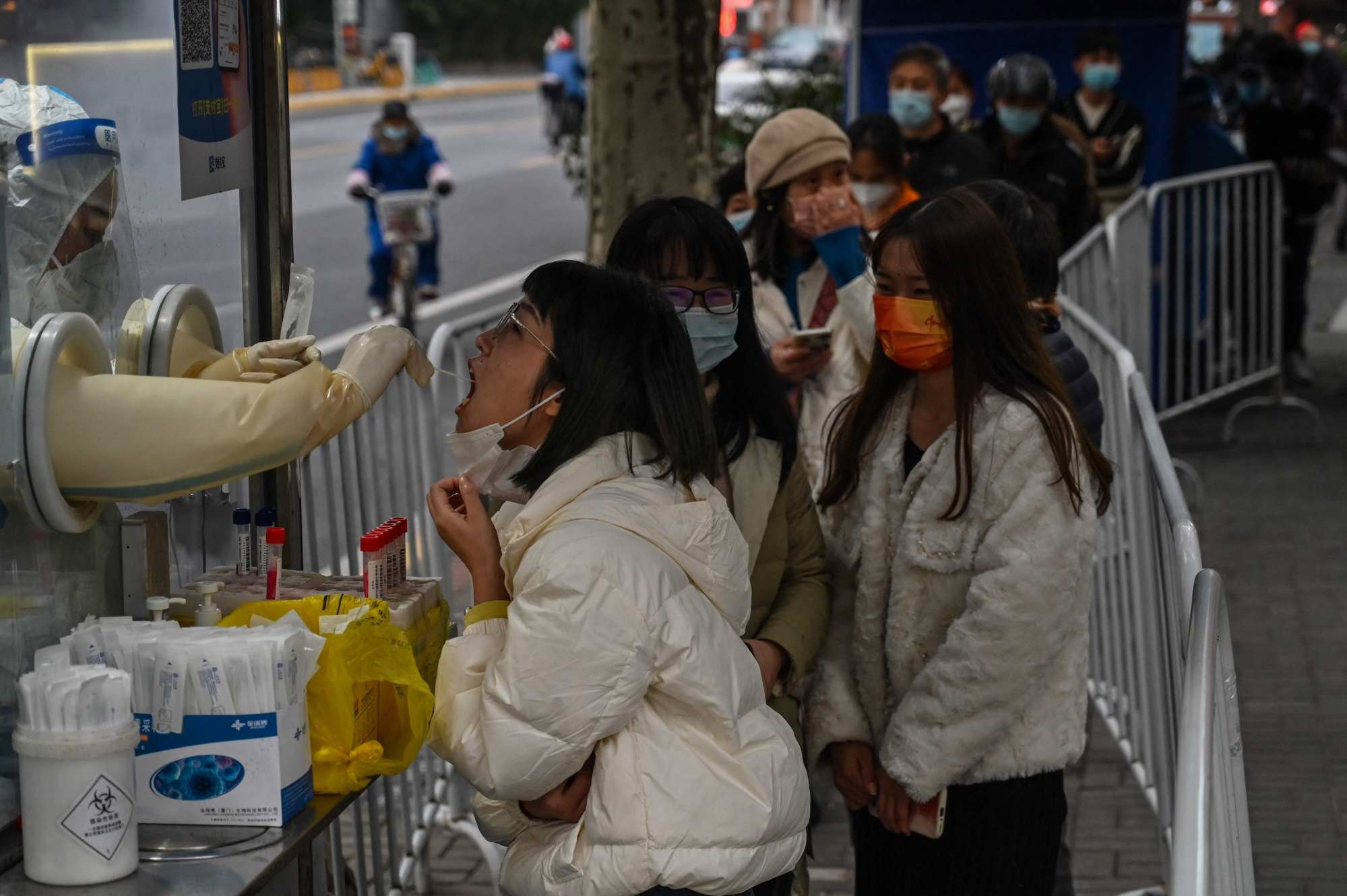
In short, the Chinese authorities are abandoning the zero-Covid policy they have pursued dogmatically and defended ideologically for nearly three years without explicitly saying so. Inevitably, they will begin to view Covid-19 not as a mortal enemy, but as a “normal” respiratory disease that society can and must live with. Whether they can pull off this about-face without a significant loss of credibility and public trust remains to be seen, but there is little doubt the policy U-turn is well under way.
The growing contradictions between the official rhetoric of zero-Covid and the reality of pandemic restrictions being loosened quickly will leave the Hong Kong government in an awkward position.
Having defended Covid restrictions in Hong Kong as being consistent with the mainland’s zero-tolerance approach, authorities will find it increasingly difficult to justify why any of these restrictions should still be in place. As these restrictions become less defensible and cause more economic damage, compliance and public support for them will also decline – as we saw on the mainland.
In short, as China quietly drops zero-Covid, Hong Kong’s Covid restrictions will soon become publicly indefensible and economically unsustainable, if they aren’t already so.
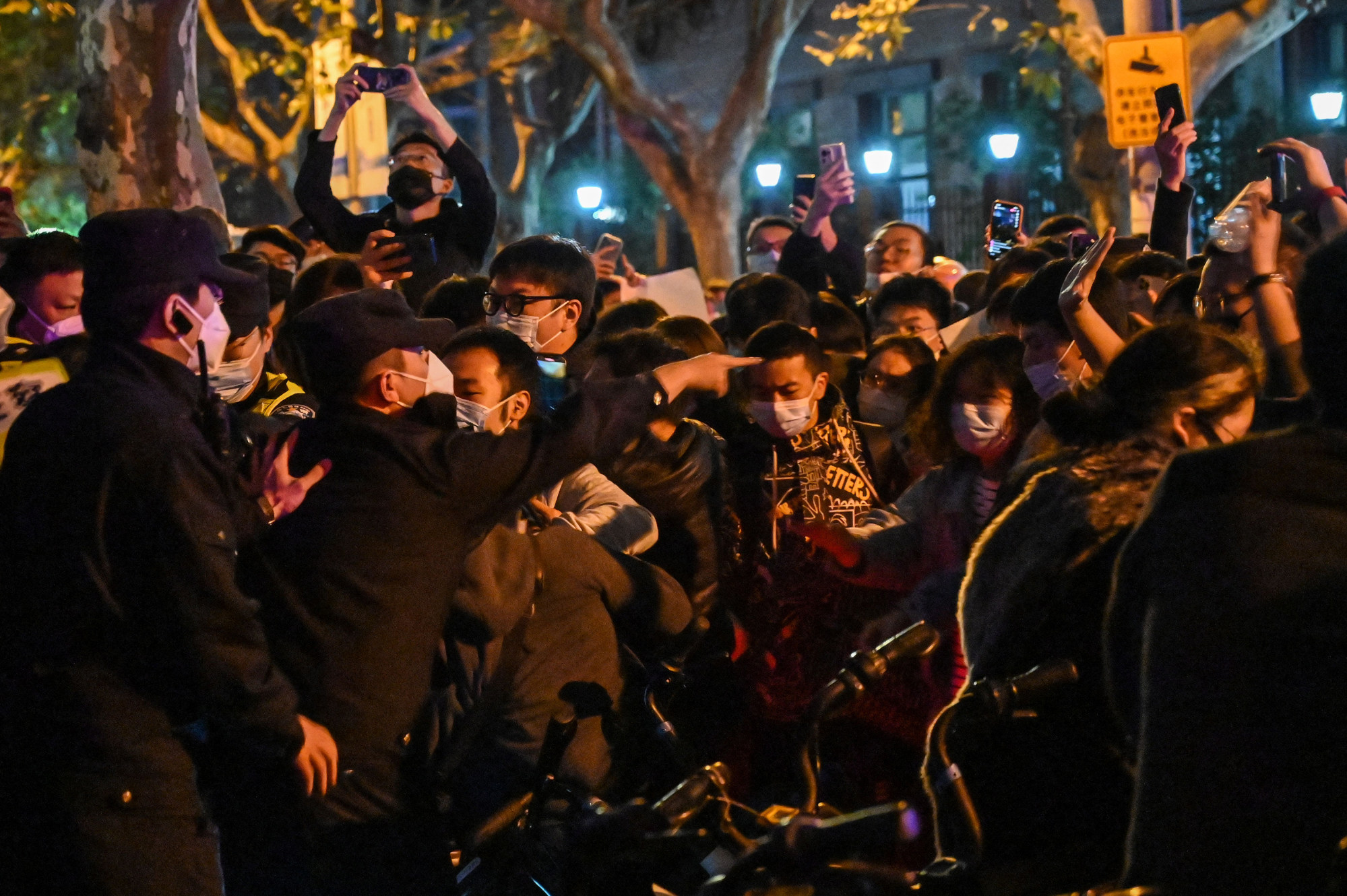
Exiting the pandemic in Hong Kong
I also pointed out that Hong Kong might struggle to adapt if mainland authorities were to shift to a different Covid-19 strategy, as “the absence of an explicit signal from Beijing would make it harder for Hong Kong authorities to set clear policy directions, and to calibrate its Covid policies accordingly. … This is hardly conducive for restoring Hong Kong’s position as the pre-eminent hub for international firms trying to enter the Chinese market, even as cities such as Shanghai and Shenzhen open up with greater vigour”.
Is Hong Kong finally ready to reopen to the world in 2023?
The risk of Hong Kong maintaining Covid restrictions far longer than necessary, and causing it to be less competitive against other Chinese cities that have been more isolated than Hong Kong has been the last three years, may well become a reality – and faster than Hong Kong’s policymakers realise.
Clearly, the only sensible and prudent approach is for the Hong Kong government to anticipate that cities on the mainland might ease their pandemic controls quickly, and to stay one step ahead by getting rid of Hong Kong’s remaining Covid restrictions before they cause the city to be even less competitive on the global stage.
Specifically this would mean three things. First, the three days of medical surveillance of all inbound travellers should be scrapped or, at the very least, replaced with just a PCR test on arrival. Now that Covid-19 is already endemic in Hong Kong, there is no justifiable reason to subject inbound travellers to stricter requirements than residents.
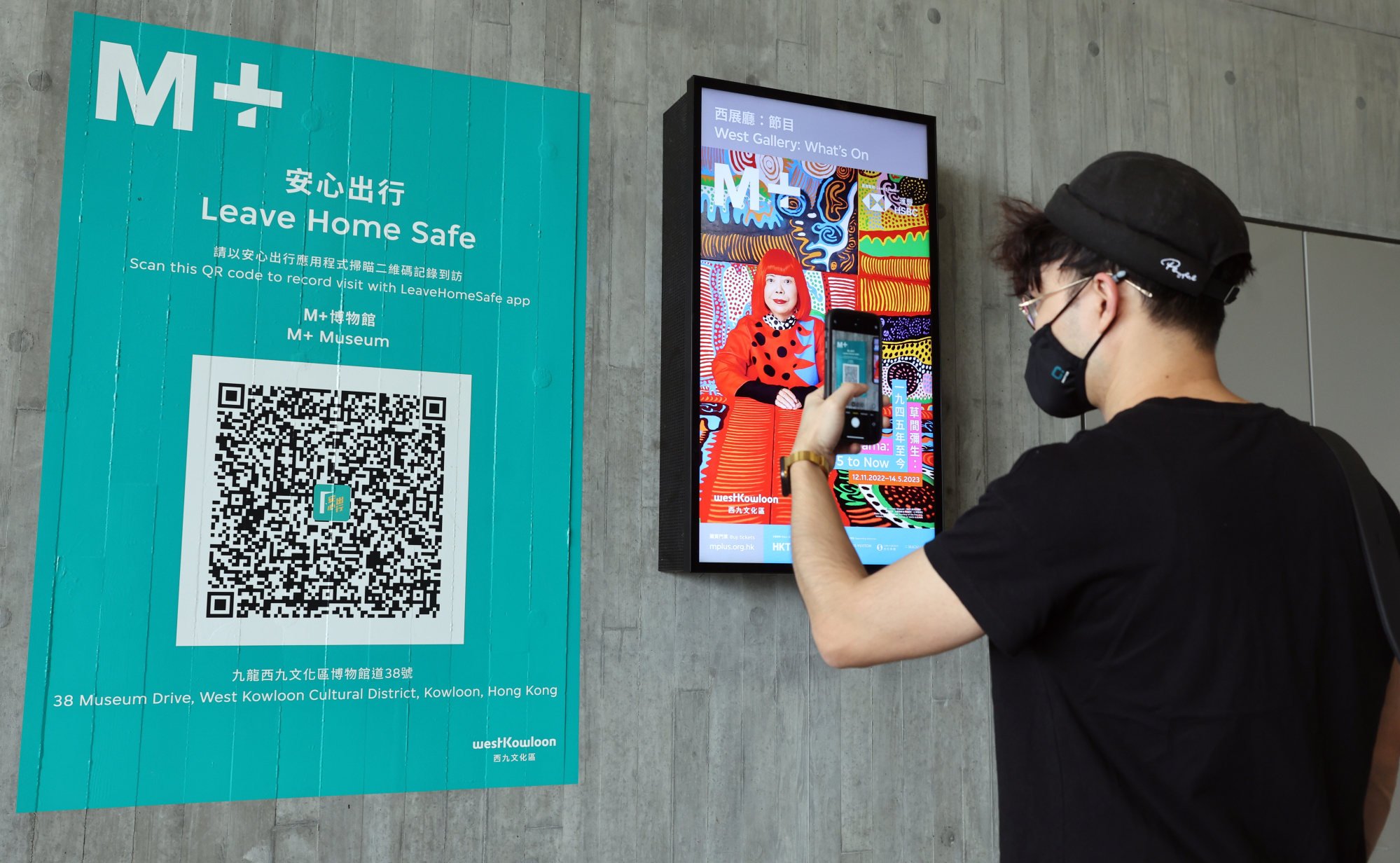
Second, and also as a result of Covid-19 becoming endemic in Hong Kong, contact tracing should be discontinued. This would also allow the “Leave Home Safe” app to be retired.
Third, Hong Kong’s masking rules are increasingly out of step with global best practices. They should either be abolished, or replaced with a requirement to mask up only on public transport and in healthcare facilities (as is the case in Singapore).
A failure to do these common-sense things will not only prolong Hong Kong’s economic misery in the short term, but also risk doing long-term damage to the city’s international standing – especially as Covid-era restrictions on the mainland are jettisoned quickly.
Donald Low is senior lecturer and professor of practice in public policy at the Hong Kong University of Science and Technology, director of the university’s Institute for Emerging Market Studies, and director of Leadership and Public Policy Executive Education.


